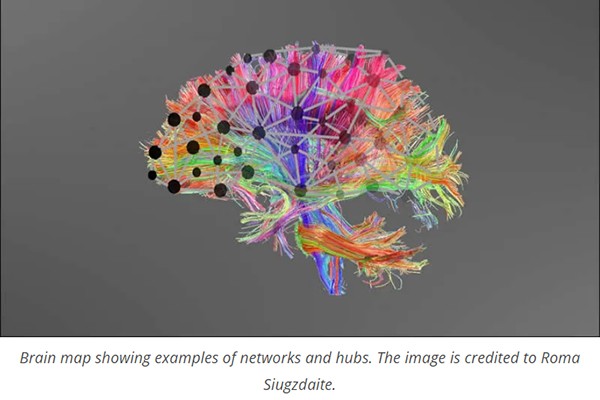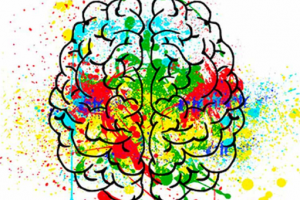Learning difficulties due to poor connectivity, not specific brain regions
Different learning difficulties do not correspond to specific regions of the brain, as previously thought, say researchers at the University of Cambridge.
Different learning difficulties do not correspond to specific regions of the brain, as previously thought, say researchers at the University of Cambridge. Instead, poor connectivity between ‘hubs’ within the brain is much more strongly related to children’s difficulties.
Scientists have struggled to identify specific areas of the brain that might give rise to these difficulties, with studies implicating myriad brain regions. ADHD, for example, has been linked to the anterior cingulate cortex, caudate nucleus, pallidum, striatum, cerebellum, prefrontal cortex, the premotor cortex and most parts of the parietal lobe.
One potential explanation is that each diagnosis differs so much between one individual and the next, that each involves different combinations of brain regions. However, a more provocative explanation has been proposed by a team of scientists at the MRC Cognition and Brain Sciences Unit, University of Cambridge: there are, in fact, no specific brain areas that cause these difficulties.





Related Posts